
National Arts Council research priorities: Addressing shifts in the economic, social and technological landscape
How can research help us to navigate Singapore’s evolving arts landscape for policy and programme development?
Synopsis: Join this seminar jointly organised by LASALLE, University of the Arts Singapore and National Arts Council (NAC) to hear from speakers including Lynette Pang, Deputy Chief Executive (NAC), Dr Sharon Chang, Chief Research Officer (NAC) and recipients of the NAC Research Grant who will reflect on and illuminate current research advancements contributing to NAC’s vision and key strategic thrusts of Our SG Arts Plan (2023 – 2027).
Seminar Series: This event is part of the seminar series ‘Glocal’ Agenda in the Arts Management Research: Interrogating, Redefining and Challenging Traditional Research Canons.
This event is free and open to the public.
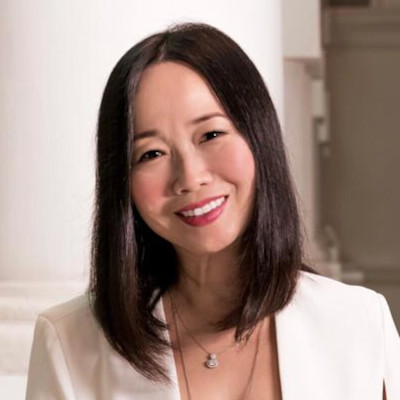
Lynette Pang
Keynote Speaker
Lynette Pang is the Deputy Chief Executive Officer, Planning and Corporate Development Group at the National Arts Council (NAC), which champions the arts by nurturing creative excellence and supporting broad audience engagement. She joined NAC in October 2021, and sits on the National Gallery Singapore’s Marketing Advisory Panel and is a Board Member of the Singapore Symphonia Company Limited, Arts House Limited and Marketing Society. Previous board appointments include the Singapore International Film Festival, World Federation of Advertisers and the Council for Private Education. Lynette graduated from the National University of Singapore with a Bachelor of Arts in English Literature and Sociology and has an Honours in English Literature.
Our SG Arts Plan: Connected Society, Distinctive City and Creative Economy
NAC has developed a 5-year blueprint for the arts sector spanning the years 2023 to 2027. This blueprint responds to seismic shifts in the global, economic, social and technological landscape. There are three important pillars – firstly, leveraging on the power of arts and culture to sustain Singapore as a Connected Society; secondly, intensifying efforts to transform Singapore into a Distinctive City through our arts and culture; thirdly, growing the Creative Economy. Over the next 5 years, NAC will drive research efforts to further our work on these 3 tracks.
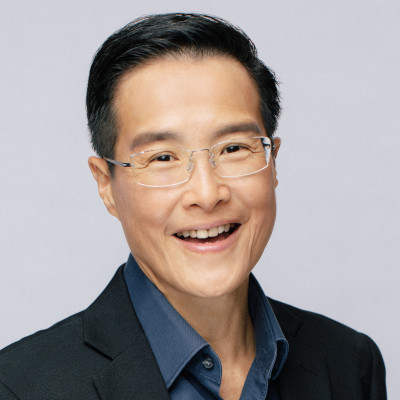
Sharon Chang
Moderator
Dr Sharon Chang is concurrently the Research Director of the Culture Academy, Ministry of Culture, Community and Youth, as well as the Chief Research Officer of the National Arts Council in Singapore. Her teams conduct studies on social capital, time use, social attitudes, population surveys on arts and cultural engagement as well as arts and cultural manpower in Singapore. Sharon is an economist who has research experience in productivity measurement and growth, industry development, choice experiments and the non-market valuation of cultural resources. Besides these, her current research interests include the measurement of the impact of community arts, arts education, cultural tourism, wellbeing as well as social capital. She has published in peer-reviewed journals in cultural policy, cultural economics and tourism.
Our SG Arts Plan: Research Grant Focus and Priorities
NAC funds research to understand the issues and challenges that the arts and culture sector faces. This is done in two ways – first, through partnerships and commissions with academic and research institutions; and second, through its research grant. Corresponding to Our SG Arts Plan, priority research areas are, among others, impact measurement, audience development, as well as arts and technology. NAC also partners the National Library Board to support arts documentation.
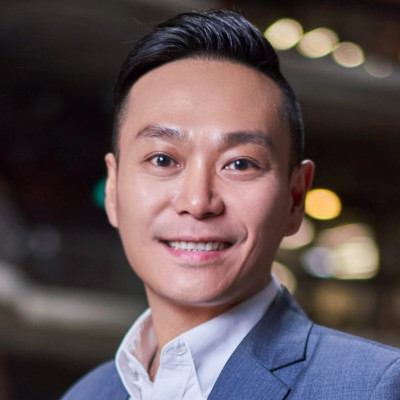
Andy Hau Yan
Panelist
Dr Andy Hau Yan Ho, PhD, EdD, MFT is the Head of Psychology, Associate Professor of Psychology and Medicine at Nanyang Technological University. He is also the Immediate Past President of the Association for Death Education and Counseling (ADEC). A social scientist and lifelong educator, he specialises in the research and teaching of thanatology, gerontology, positive psychology, integrative therapy, and community empowerment. Andy has founded several innovative and internationally acclaimed psycho-socio-spiritual interventions for health promotion, including Mindful-Compassion Art-based Therapy (MCAT) for caregiver burnout prevention, Family Dignity Intervention (FDI) for holistic palliative care, and ARTISAN for building compassionate citizenry. He has authored over 120 top-tier publications as well as presented more than 200 keynote and plenary lectures including his recent TEDx Talk on “Art-Based Storytelling: A Powerful Tool for Healing and Sharing”.
ARTISAN: Aspiration and Resilience Through Intergenerational Storytelling and Art-based Narratives
Loneliness is a major public health concern around the world, prevalent in both young and old. Informed by the first-of-its-kind Arts for Ageing Well Study in Asia, and created through a Participatory Action Research paradigm, ARTISAN involves a 5-week, 15-hour, group-based intergenerational that focuses on resilience building and loneliness alleviation through a structured holistic multimodal framework that integrates storytelling, art-making and heritage appreciation with curated museum spaces.
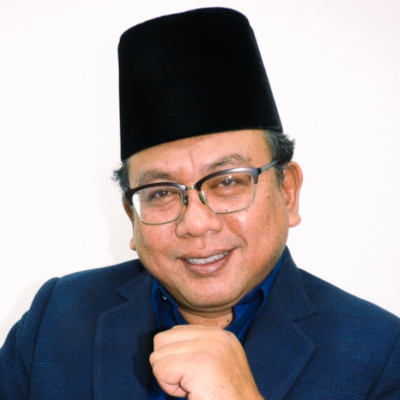
Azrin Abdul Rahim
Panelist
Having spent over 30 years in the arts industry, Azrin Abdul Rahim has had an inspiring journey where counselling and psychotherapy intersected with creative expression. His extensive experience as a cultural production consultant has allowed him to connect with individuals on a deeper level, facilitating personal growth and emotional well-being. He has collaborated tirelessly with esteemed local and international art groups to bring captivating multi-racial and fusion works to the stage. His approach to integrating traditional art forms with counselling and therapy techniques has opened new possibilities in childcare, healthcare, and eldercare settings. His dedication to learning extends to pursuits of a second master's degree in Existential Psychotherapy and a doctoral degree in Dance Studies.
History of Malay Dance in Singapore
This study explores the history of Malay dance development from traditional folk dance to contemporary forms. The research utilises literature research, interviews with key dance performers, and observations of Malay dance performances. It highlights the various genres of Malay dance, including classical dance, folk dance, new dance creations, and contemporary dance. The historical evolution of Singapore's Malay dance is traced to influences from Indonesian, Malaysian, Portuguese, Indian, and Western cultures and the impact of political, socioeconomic, and educational factors.
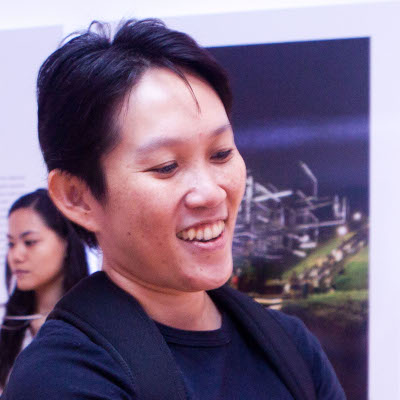
Felicia Low
Panelist
Dr Felicia Low, a graduate of Goldsmith’s College, is a visual artist, art educator, author and Applied Arts Researcher. A Lee Kong Chian scholar of the National University of Singapore, Felicia obtained a PhD in Cultural Studies in Asia in 2015. She has also developed research and written a pedagogical guide on Person-centered Arts Practices with Communities, with support from the National Arts Council (Singapore). Felicia was the recipient of the Outstanding Youth In Education Award 2005 and was selected for the President’s Young Talent Show 2009 organized by the Singapore Art Museum. She received the Teaching Merit Award from the Singapore University of Social Sciences in 2019. Felicia is the founding director of Community Cultural Dimensions, which aims to provide a critical discursive platform for artistic practices that engage with communities in the region.
Person-Centered Arts Practices with Communities
The person-centered pedagogical framework for arts practices with communities is a map of four dimensions which can articulate the significance of arts practices with communities in a well-rounded way. This framework has been made accessible to all artists-facilitators as a means of drafting programme objectives and evaluation. It also encourages the recognition and activation of the personal, social, cognitive and cultural dimensions, which interweave in dynamic ways whenever the arts engage with any collective of individuals.